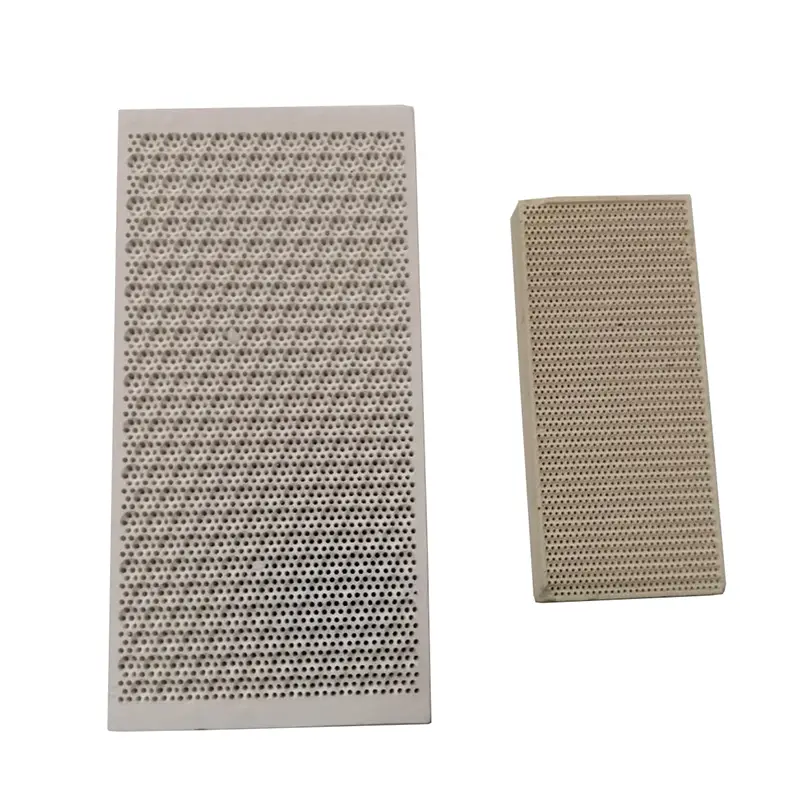
Cordierite Infrared Ceramic Burner Plate: High-Performance Thermal Management
Cordierite infrared (IR) ceramic burner plates represent a specialized class of ceramic components engineered for efficient, clean, and controlled radiant heating. Composed primarily of magnesium aluminum silicate (2MgO·2Al₂O₃·5SiO₂), Cordierite Ceramic exhibits a unique combination of properties making it exceptionally well-suited for demanding burner applications.
Introduction and application of Steatite Ceramics
Steatite (steatite ceramic) is a magnesium silicate ceramic primarily composed of talc (chemical formula: Mg₃Si₄O₁₀(OH)₂).
Due to the natural abundance of talc, steatite was initially used in household ceramics, particularly high-end tableware. In industrial production, early research in China was conducted by the Zibo Silicate Research Institute, Zibo Porcelain Factory, and Boshan Ceramic Factory, which successfully developed and mass-produced steatite ceramics in 1977.
Today, thanks to its excellent dielectric properties, mechanical strength, thermal resistance, chemical stability, and low cost, steatite ceramics still hold a significant position in various industrial applications.

Application of Zirconia Toughened Alumina (ZTA) Ceramic Substrate in the Core Three-Electric Module of New Energy Vehicles
The automotive industry is undergoing a significant transformation with the rise of new energy vehicles (NEVs). As the demand for electric vehicles (EVs) continues to grow, so does the need for advanced materials that can enhance performance, efficiency, and durability. One such material that has gained attention in recent years is Zirconium Oxide Toughened Alumina (ZTA) ceramic substrate. This article explores the properties of ZTA and its application in the core three-electric module of new energy vehicles.
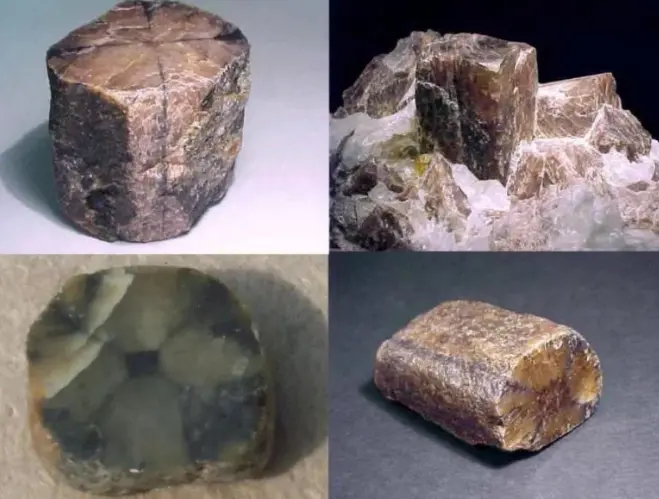
Application and Development of Andalusite in Ceramic Kiln Furniture
Andalusite, a naturally occurring aluminosilicate mineral, has garnered significant attention in the ceramics industry, particularly in the development of kiln tools. Its unique properties, including high thermal stability, low thermal expansion, and excellent resistance to thermal shock, make it an ideal candidate for various applications in ceramic manufacturing. This article explores the application and development of andalusite in ceramic kiln tools, highlighting its benefits and potential for future advancements.
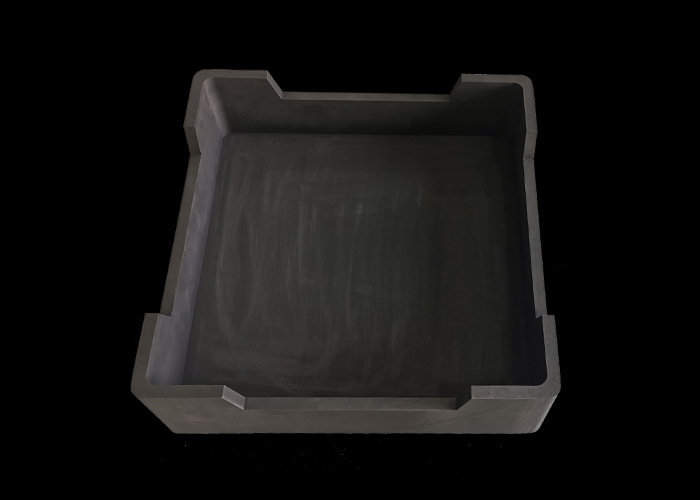
The Role of Graphite Sagger in Sintering Negative Electrode Materials
Graphite sagger plays a crucial role in the sintering process of negative electrode materials, particularly in the production of advanced batteries. As the demand for high-performance energy storage solutions continues to rise, the importance of optimizing the sintering process cannot be overstated. The application of graphite sagger in this context is pivotal for enhancing the quality and efficiency of negative electrode materials.
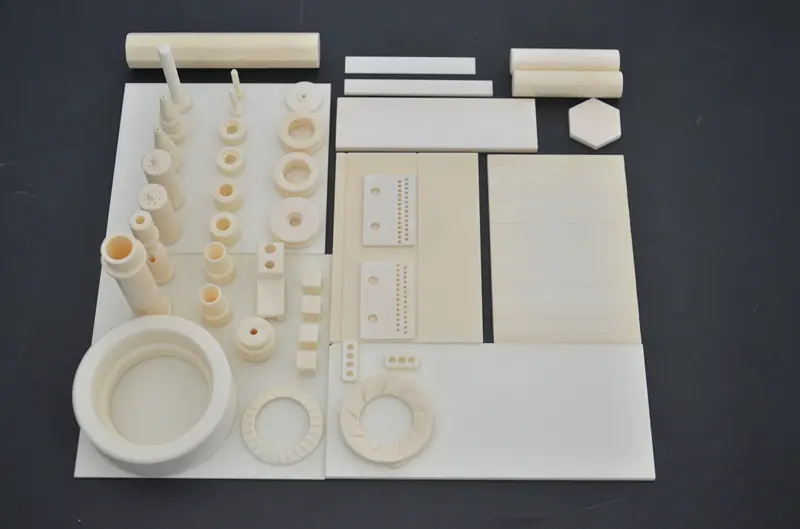
Types of Industrial Ceramics and Their Applications
The ceramic industry has long been a cornerstone of manufacturing, known for its diverse applications ranging from traditional pottery to advanced Technical Ceramics. As we move further into the 21st century, the industry is experiencing significant transformations driven by technological advancements, sustainability initiatives, and changing consumer preferences.
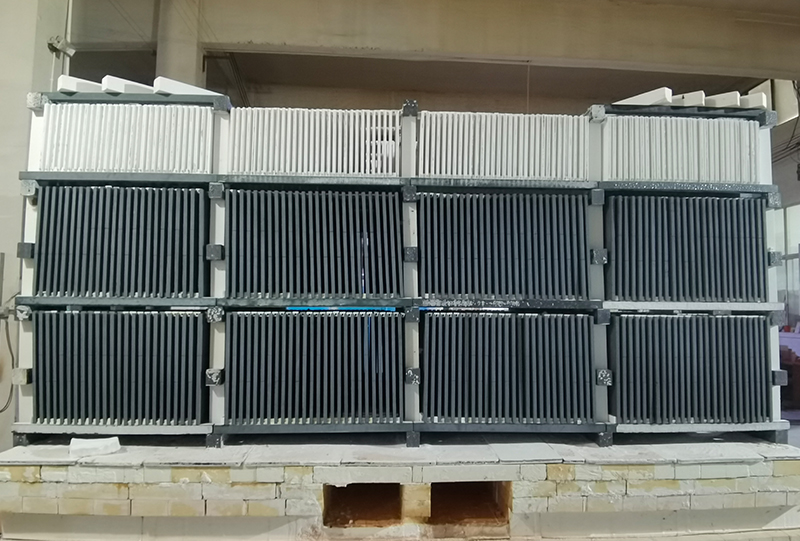
What is Refractory? Understanding Refractory Materials
In materials science, a refractory (or refractory material) is a material that is resistant to decomposition by heat or chemical attack and that retains its strength and rigidity at high temperatures.
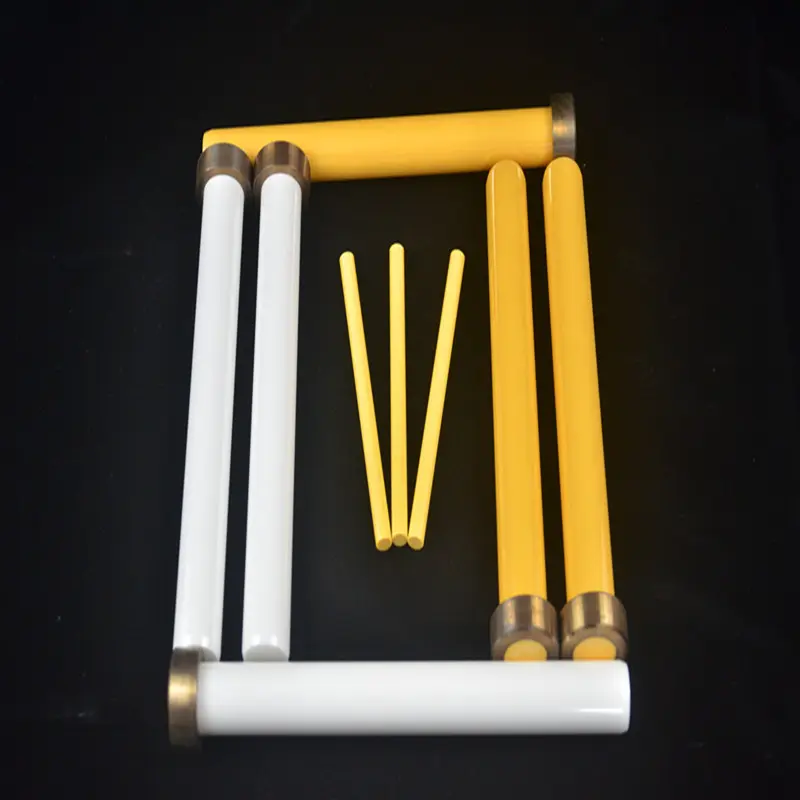
Zirconia Ceramic: Revolutionizing Modern Production
Zirconia ceramic, known for its exceptional properties, has emerged as a pivotal material in modern production across various industries. This advanced ceramic is primarily composed of zirconium dioxide (ZrO2) and is renowned for its high strength, toughness, and resistance to wear and corrosion. These characteristics make zirconia ceramic an ideal choice for applications that demand durability and reliability.
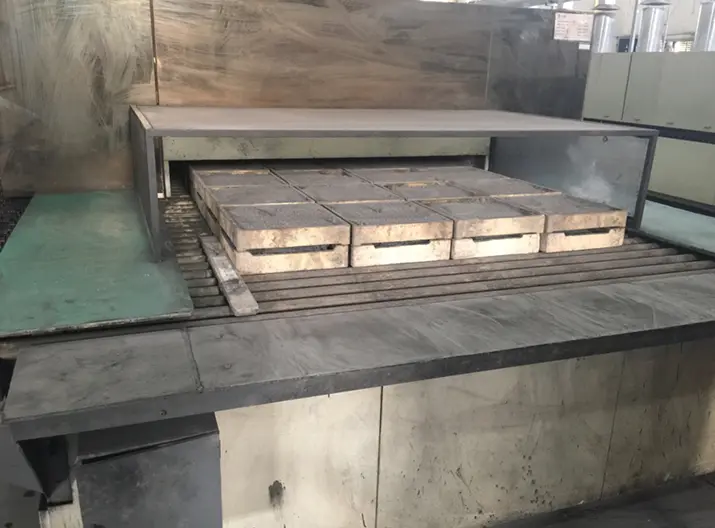
Saggar for Firing Cathode Materials: The Role of Mullite Saggar in Kiln Operations
In the realm of advanced ceramics and materials science, the firing process is crucial for achieving the desired properties of cathode materials used in various applications, including batteries and fuel cells. A key component in this process is the saggar, a protective container that shields the materials from contamination and atmospheric effects during firing. Among the various types of saggars available, mullite saggars have emerged as a preferred choice for firing cathode materials in kilns.
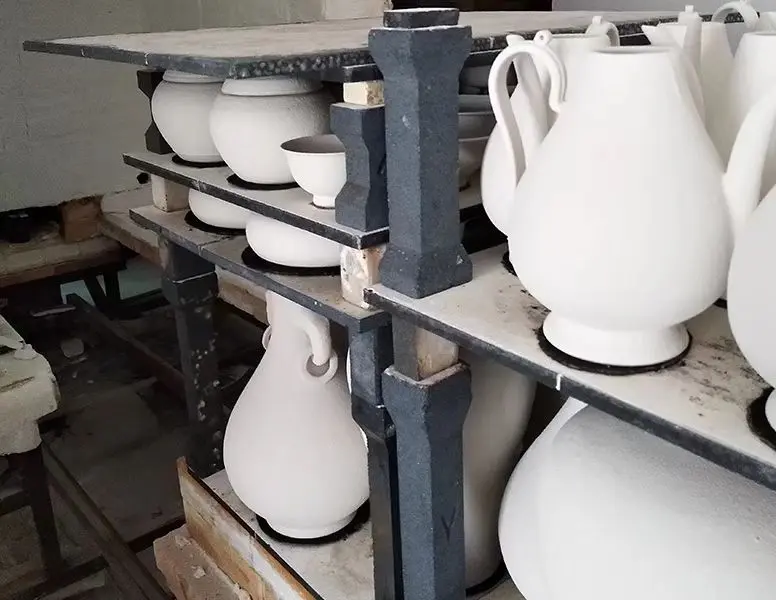
Sic plate for firing ceramic tableware
When it comes to firing ceramics in a kiln, the choice of materials used can significantly impact the final product’s quality. One of the most effective solutions for this process is the use of Silicon Carbide (SiC) plates. These plates are particularly beneficial for firing ceramic tableware, providing a reliable and efficient method to achieve optimal results.

